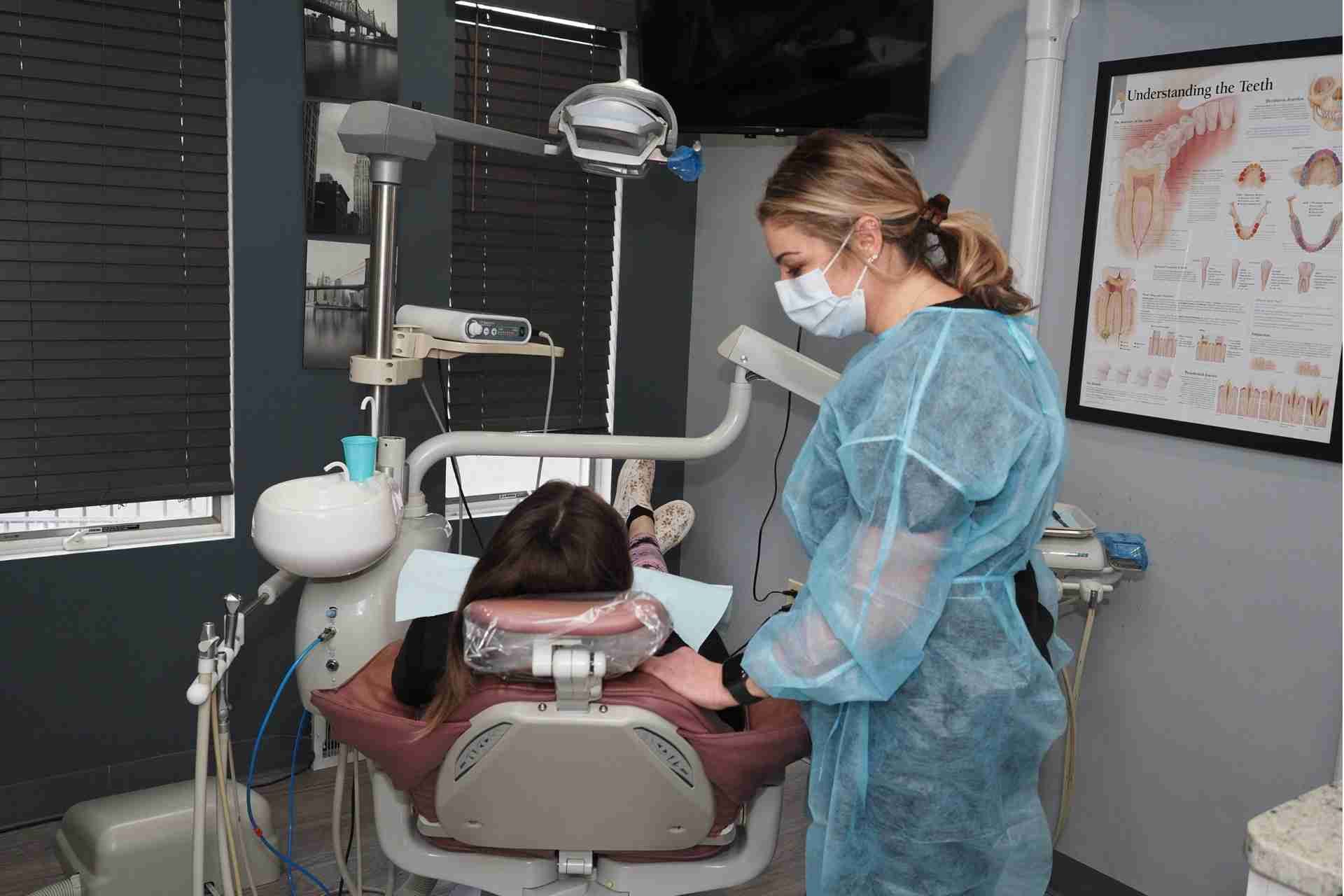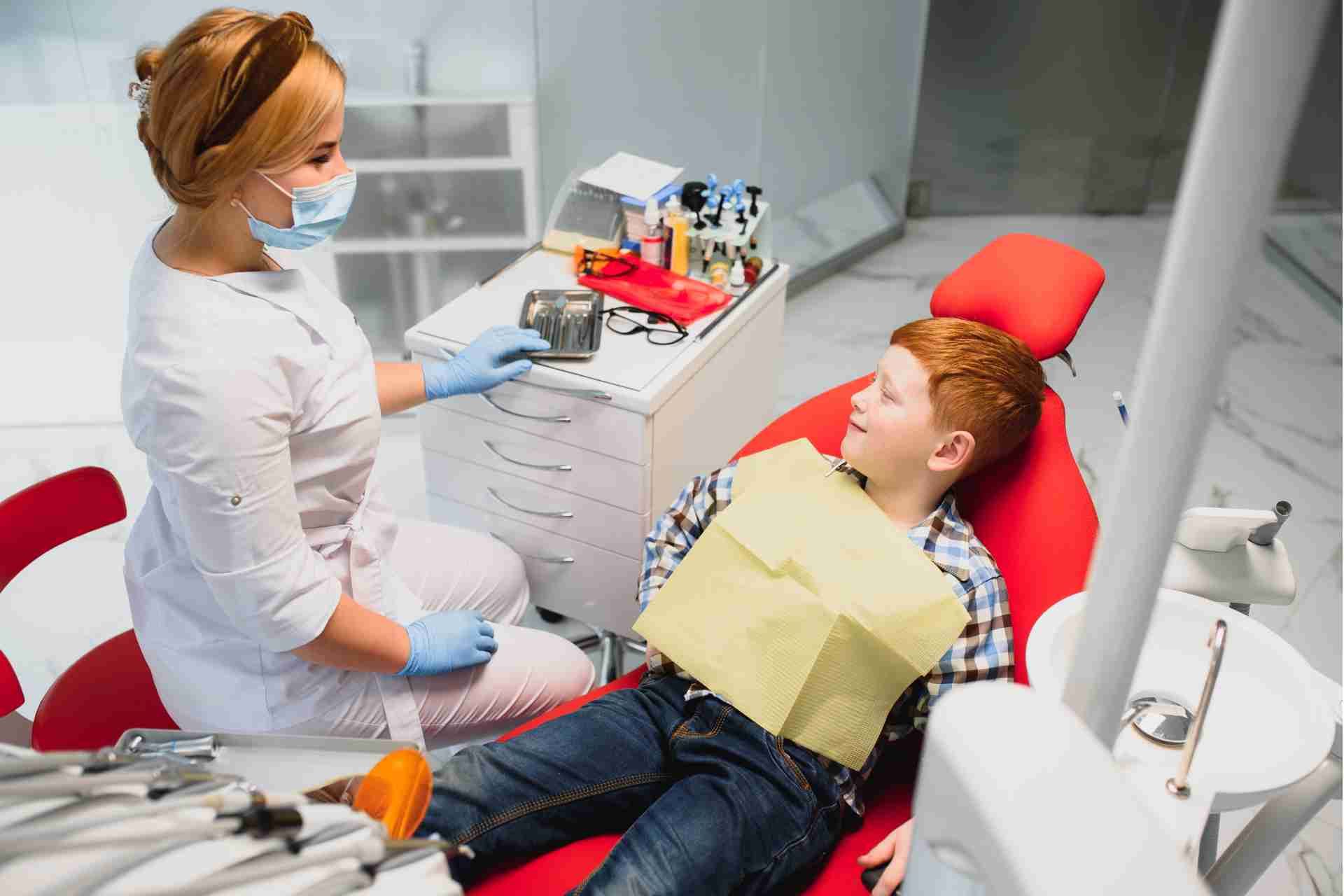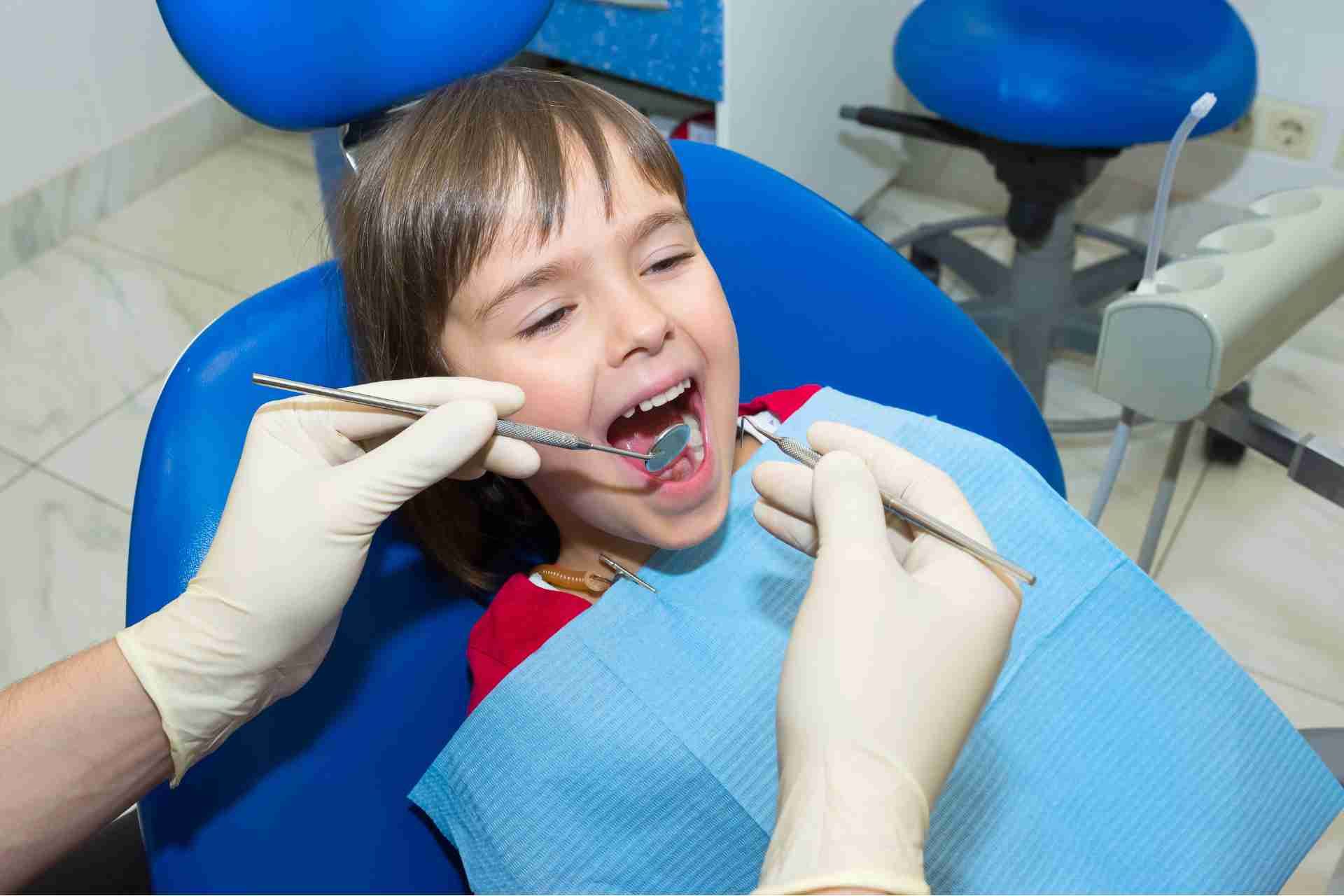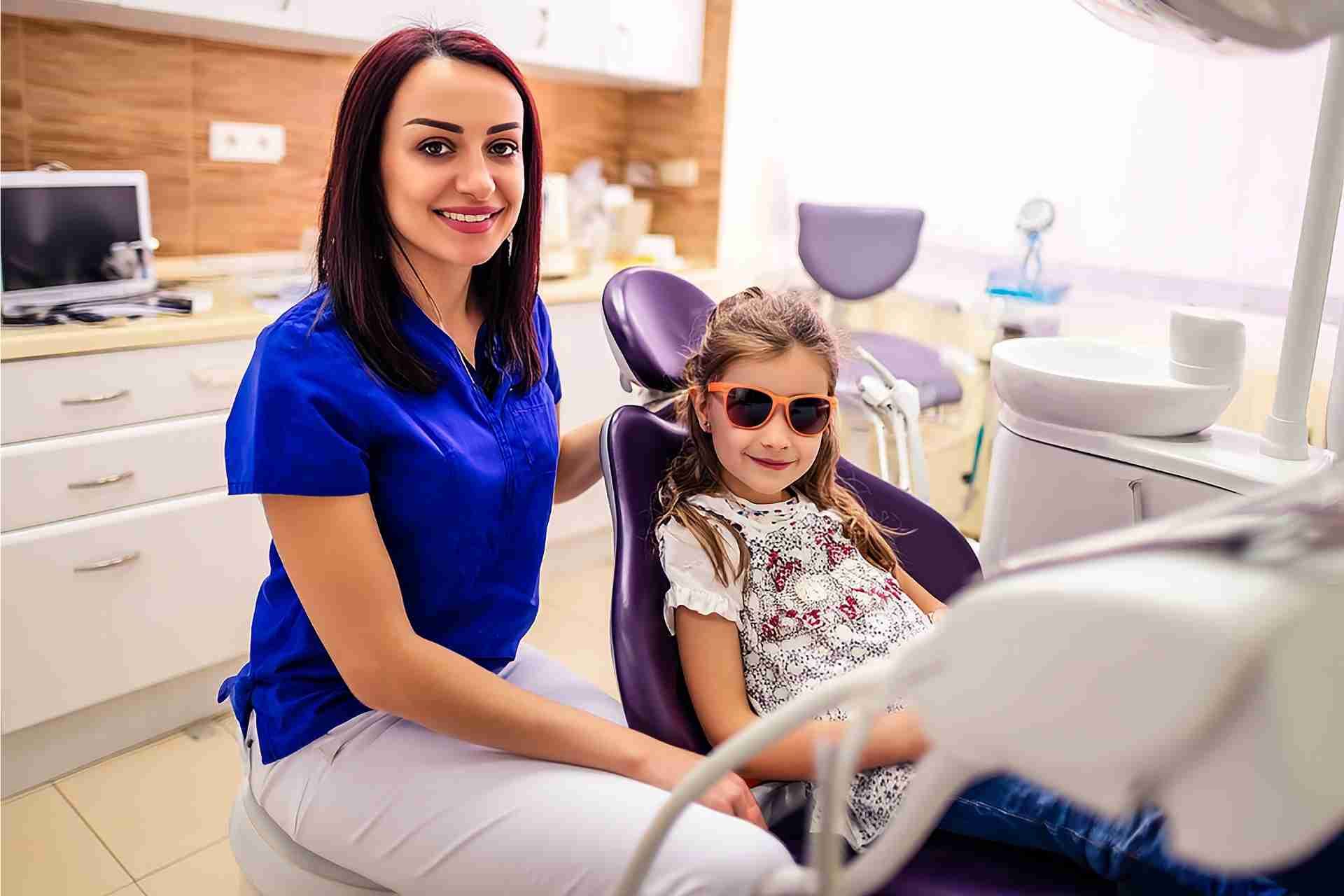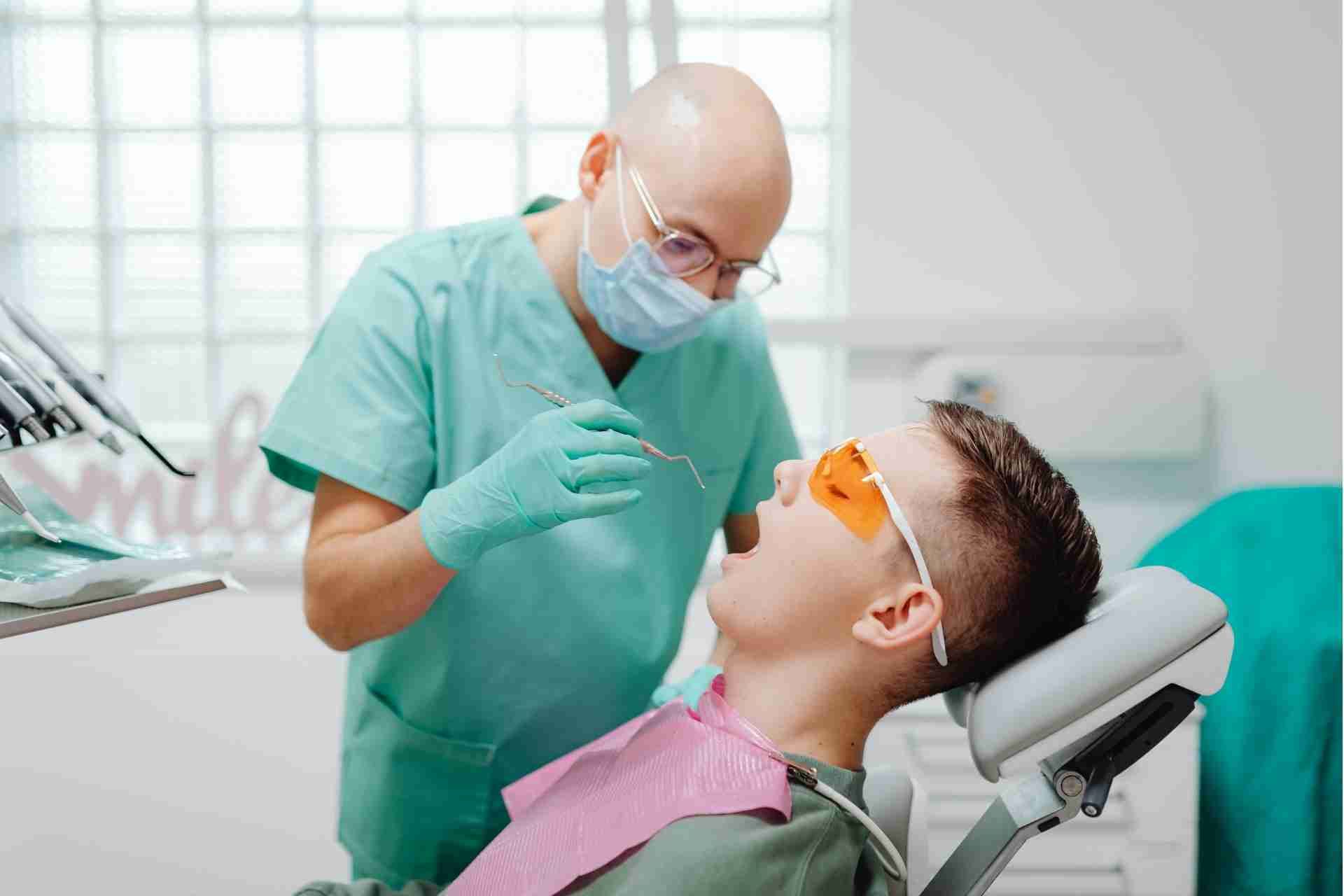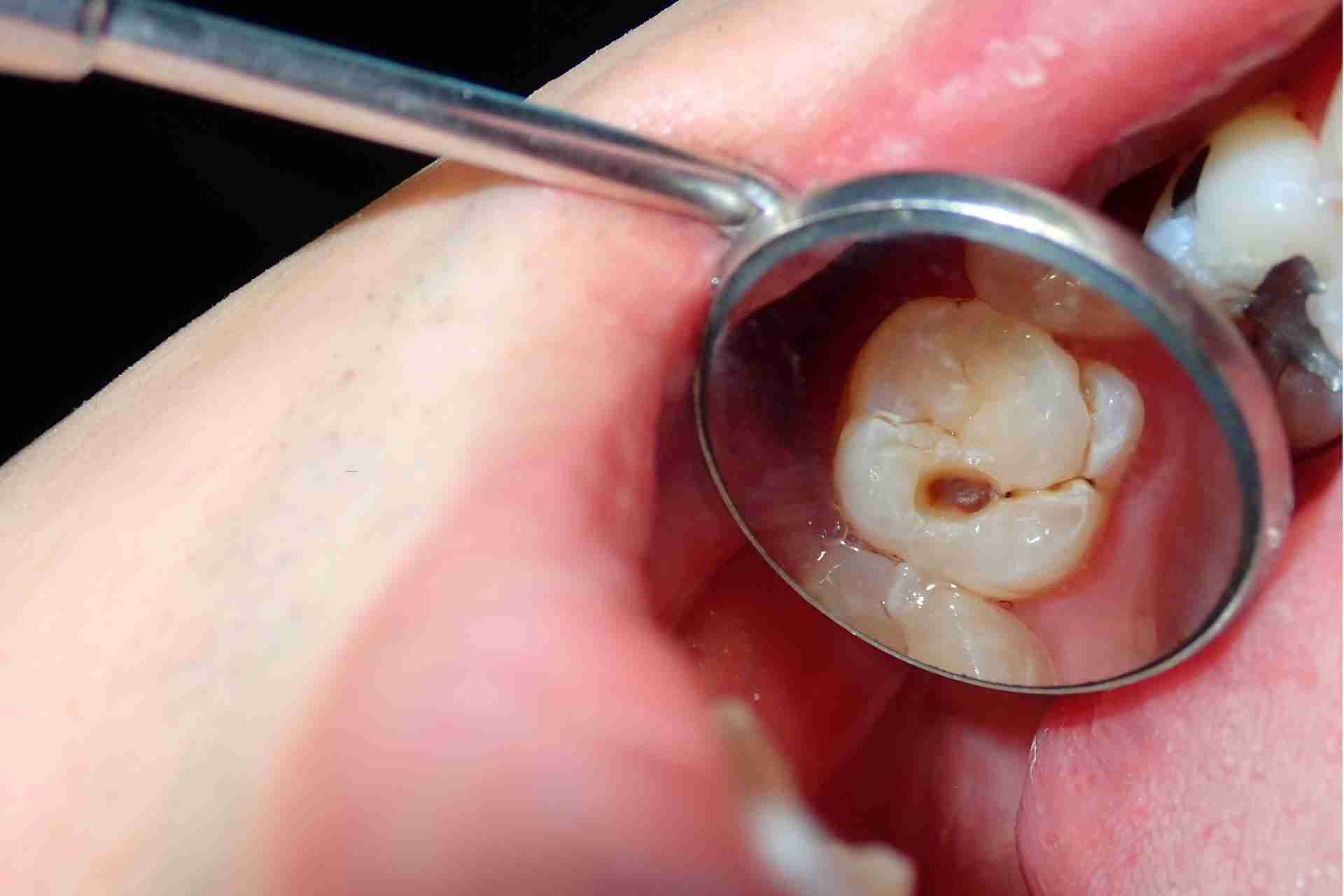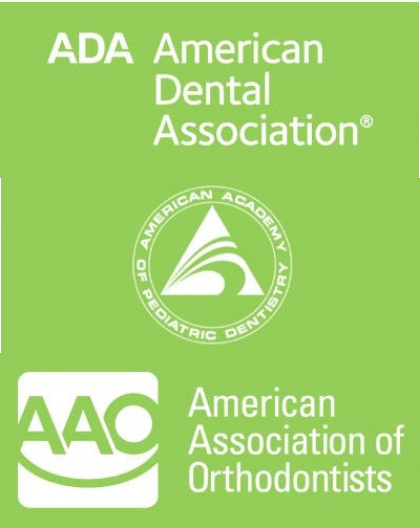How Sleep Apnea Affects your Dental Health

You've probably heard the saying, 'You are what you eat.' But have you ever considered that your dental health could also be a reflection of how well you sleep?
Sleep apnea, a common sleep disorder, can have a significant impact on your oral health. From increased risk of gum disease to teeth grinding, the effects of sleep apnea on your dental well-being are worth exploring further.
Understanding these connections could help you take better care of your teeth and overall health.
What is sleep apnea?
Sleep apnea is a common but serious sleep disorder that occurs when a person's breathing is interrupted during sleep. This interruption can happen multiple times throughout the night, causing the individual to wake up briefly each time, even if they are not aware of it. This can lead to poor quality sleep and a range of health issues if left untreated.
Impact of Sleep Apnea on Oral Health
Sleep apnea is a serious condition that affects millions of people worldwide. It is characterized by pauses in breathing during sleep, which can lead to a variety of health problems if left untreated. One area that is often overlooked when discussing sleep apnea is its impact on oral health.
One of the main ways in which sleep apnea can affect oral health is through dry mouth. When breathing stops during sleep, the body becomes deprived of oxygen, causing it to produce less saliva. This can lead to a dry mouth, which in turn can increase the risk of tooth decay and gum disease. Saliva plays a crucial role in maintaining oral health by washing away food particles and bacteria, so a lack of saliva can have detrimental effects on the teeth and gums.
Sleep apnea can also contribute to teeth grinding and clenching, known as bruxism. This can cause wear and tear on the teeth, leading to tooth sensitivity, fractures, and even tooth loss. People with sleep apnea are more likely to grind their teeth at night, as the condition can disrupt sleep patterns and lead to increased stress and anxiety, which are common triggers for bruxism.
Sleep apnea has been linked to an increased risk of periodontal disease, a serious infection of the gums that can lead to tooth loss if left untreated. The lack of oxygen caused by sleep apnea can weaken the immune system, making it harder for the body to fight off infections, including those in the mouth. People with untreated sleep apnea are more likely to develop gum disease and other oral health problems.
Fortunately, there are ways to mitigate the impact of sleep apnea on oral health. The most effective treatment for sleep apnea is continuous positive airway pressure (CPAP) therapy, which involves wearing a mask that delivers pressurized air to keep the airways open during sleep. By improving breathing and oxygen levels, CPAP therapy can help reduce the risk of dry mouth, bruxism, and periodontal disease.
In addition to CPAP therapy, maintaining good oral hygiene practices is essential for people with sleep apnea. This includes brushing and flossing regularly, using mouthwash, and visiting the dentist for regular check-ups and cleanings. Dentists can also provide custom mouthguards to protect the teeth from bruxism and other oral health issues related to sleep apnea.
Dental Complications Caused by Sleep Apnea
Sleep apnea can lead to various dental complications, impacting your oral health in significant ways. One common issue is tooth decay, which can occur due to reduced saliva flow during apnea episodes. The lack of saliva leads to a buildup of bacteria and acids in the mouth, accelerating the decay process.
Gum disease is another concern associated with sleep apnea. The inflammation and infection of the gums can worsen with untreated apnea, leading to bleeding, swelling, and recession of the gum line.
Additionally, enamel erosion is a potential consequence of sleep apnea. The frequent pauses in breathing can cause dry mouth, reducing the mouth's ability to neutralize acids and protect the enamel. This can result in weakened enamel and increased sensitivity.
Jaw pain is also a reported issue, as the strain from struggling to breathe properly during sleep can lead to temporomandibular joint (TMJ) disorder. It's crucial to address these dental complications promptly to maintain good oral health alongside managing sleep apnea effectively.
Tips for Dental Health Management With Sleep Apnea
If you suffer from sleep apnea, managing your dental health is crucial in order to prevent complications and maintain overall wellness. Sleep apnea is a serious condition that affects your breathing while you sleep, causing you to stop breathing multiple times throughout the night. This can lead to a variety of health issues, including dental problems. Here are some tips for effectively managing your dental health while dealing with sleep apnea:
Regular Dental Check-ups
It's important to see your dentist regularly for check-ups and cleanings. Your dentist can monitor your oral health and catch any potential issues early on. Make sure to inform your dentist about your sleep apnea diagnosis so they can take extra precautions during your visits.
Practice Good Oral Hygiene
Brush your teeth at least twice a day and floss daily to prevent tooth decay and gum disease. Poor oral hygiene can exacerbate the effects of sleep apnea on your dental health, so it's important to prioritize your dental care routine.
Stay Hydrated
Dry mouth is a common side effect of sleep apnea, as breathing through your mouth can reduce saliva production. Saliva helps to wash away bacteria and food particles in your mouth, so staying hydrated can help to combat dry mouth and protect your teeth and gums.
Use a CPAP Machine
If you use a CPAP machine to manage your sleep apnea, it's important to keep it clean and sanitized to prevent bacteria buildup. Clean your CPAP machine, mask, and tubing regularly, as dirty equipment can lead to oral infections and inflammation.
Consider Oral Appliance Therapy
For some patients with mild to moderate sleep apnea, oral appliance therapy may be a suitable alternative to CPAP therapy. This custom-fitted oral appliance can help to keep your airway open while you sleep, reducing the risk of breathing interruptions and improving your overall health.
Avoid Tobacco and Alcohol
Smoking and alcohol consumption can worsen the symptoms of sleep apnea and negatively impact your oral health. Both habits can increase inflammation in your mouth and throat, leading to a higher risk of oral infections and decay.
